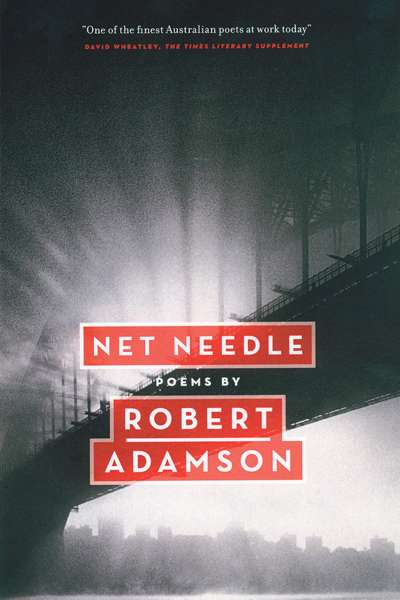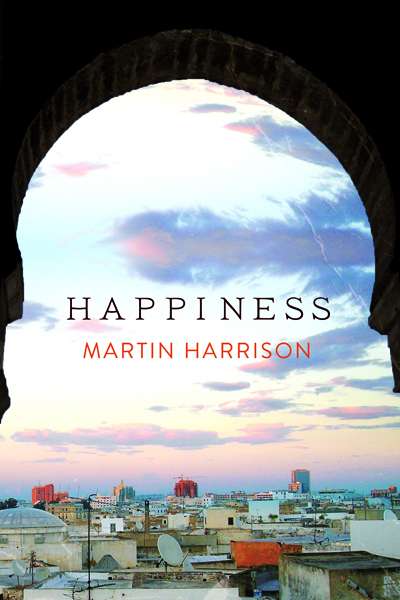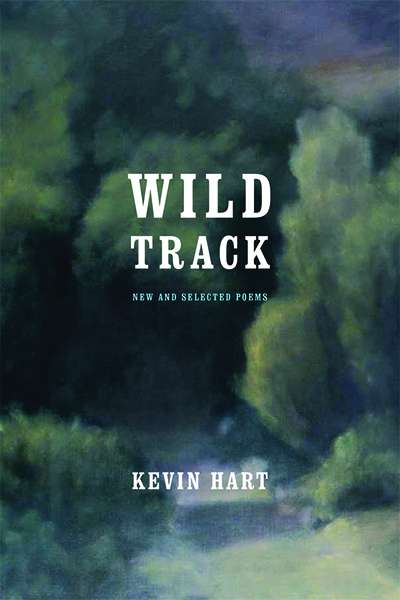Australian Poetry
Peter Kenneally reviews 'The Law of Poetry' by MTC Cronin, 'The Ladder' by Simon West, 'Jam Sticky Vision' by Luke Beesley, 'Immune Systems' by Andy Jackson, and 'The Hour of Silvered Mullet' by Jean Kent
With her first book, Zoetrope, in 1995, MTC Cronin announced herself as a very particular force in Australian poetry. It was not just that her début was so much more immediately arresting than most poets' first outings, but also that it had real authority. This authority, coming from force of intellect and a kind of absolutist, almost inscribed imagination ...
Fiona Hile reviews 'Rhinestone' by Ella O'Keefe, 'Metadata' by Amelia Dale, 'end motion/manifest' by Sian Vate, and 'Office of Locutions' by Kate Middleton
All writers need good bookshelves, but the poet, perhaps more than any other writer, is charged with the involuntary dispensation and relentless accumulation of reading material. This is partly due to the proclivities of the producers and partly due to the characteristics of the form itself. As the notable cultural critic Pierre Bourdieu remarked, poetry's effects d ...
Cassandra Atherton reviews 'The Hazards' by Sarah Holland-Batt, 'Conversations I've Never Had' by Caitlin Maling, 'Here Be Dragons' by Dennis Greene, and 'The Guardians' by Lucy Dougan
Contemporary Australian poetry has a complex and ever-evolving relationship with the land, both at home and abroad. Almost twenty-five years post-Mabo and entrenched in ongoing ecological crises, Australian poets explore new ways of experiencing and defining place. Where misguided nationalism sought to limit Australian poe ...
Peter Kenneally reviews 'Crankhandle' by Alan Loney, 'Stone Grown Cold' by Ross Gibson, 'Aurelia' by John Hawke, and 'Dirty Words' by Natalie Harkin
Poetry books as artefacts in their own right, regardless of commercial viability or relevance to the click-bait Zeitgeist, are currently showing sturdy signs of life, so it is a welcome development to have the online Cordite Review sensibility fixed in print, in a palpable way and on a gras ...
People who go in for the arts are often advised Don’t give up your day job. But what’s a suitable day job for a poet? A century ago many Australian poets made a meagre living as freelance writers for newspapers and magazines. Some even took up journalism full-time, writing their verses on the side. The old Bulletin, one of the wellsprings of Austra ...





